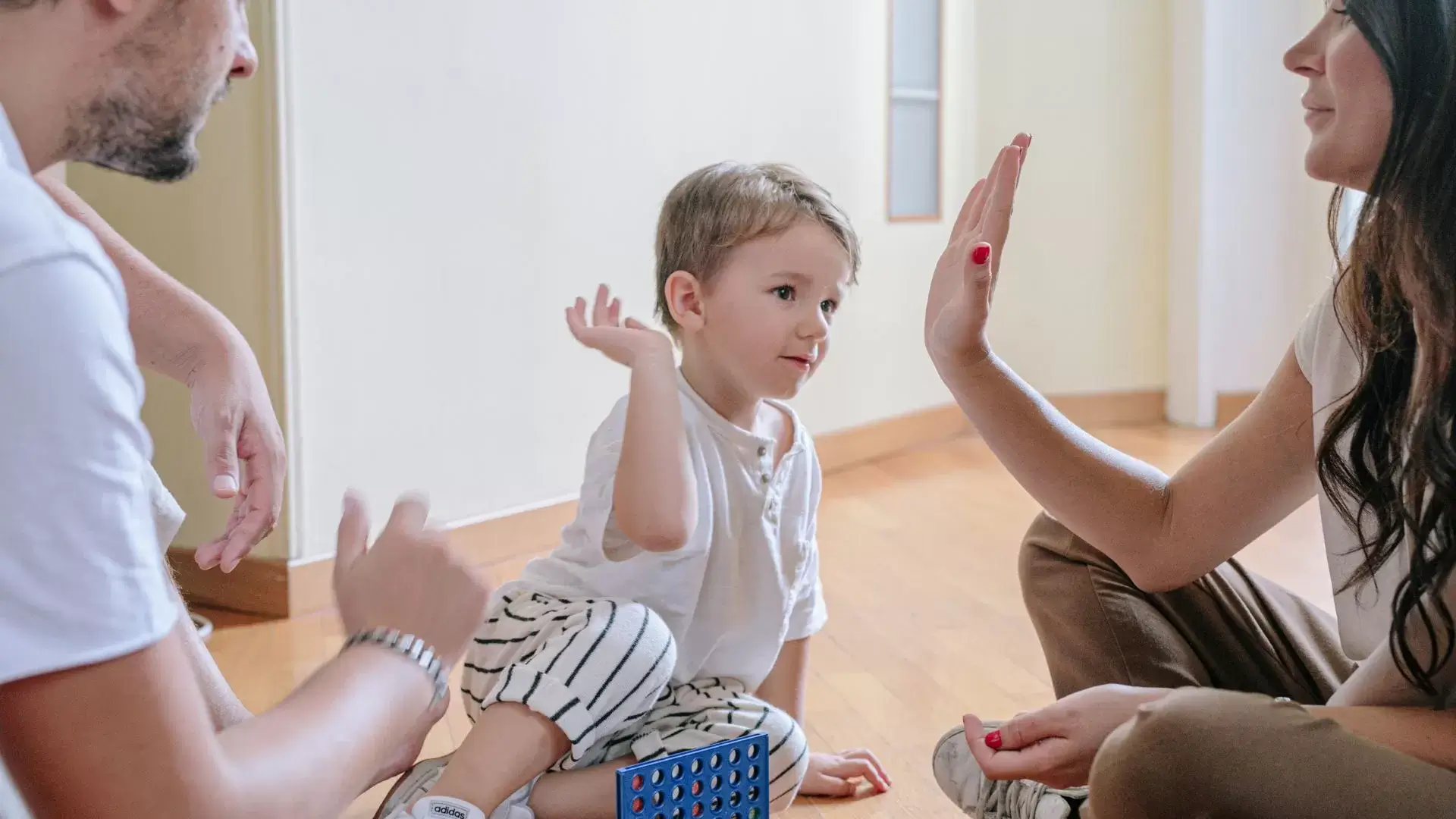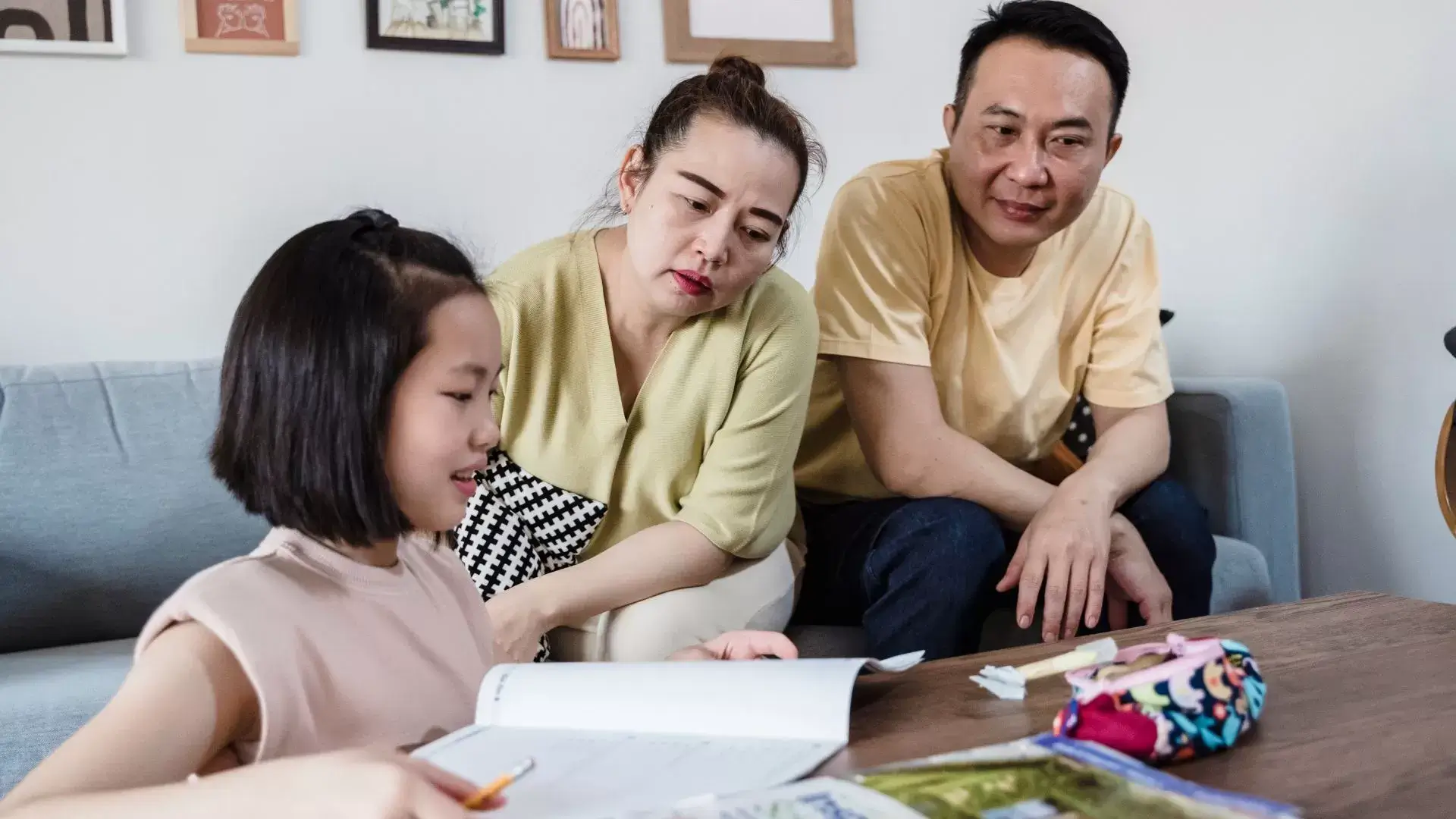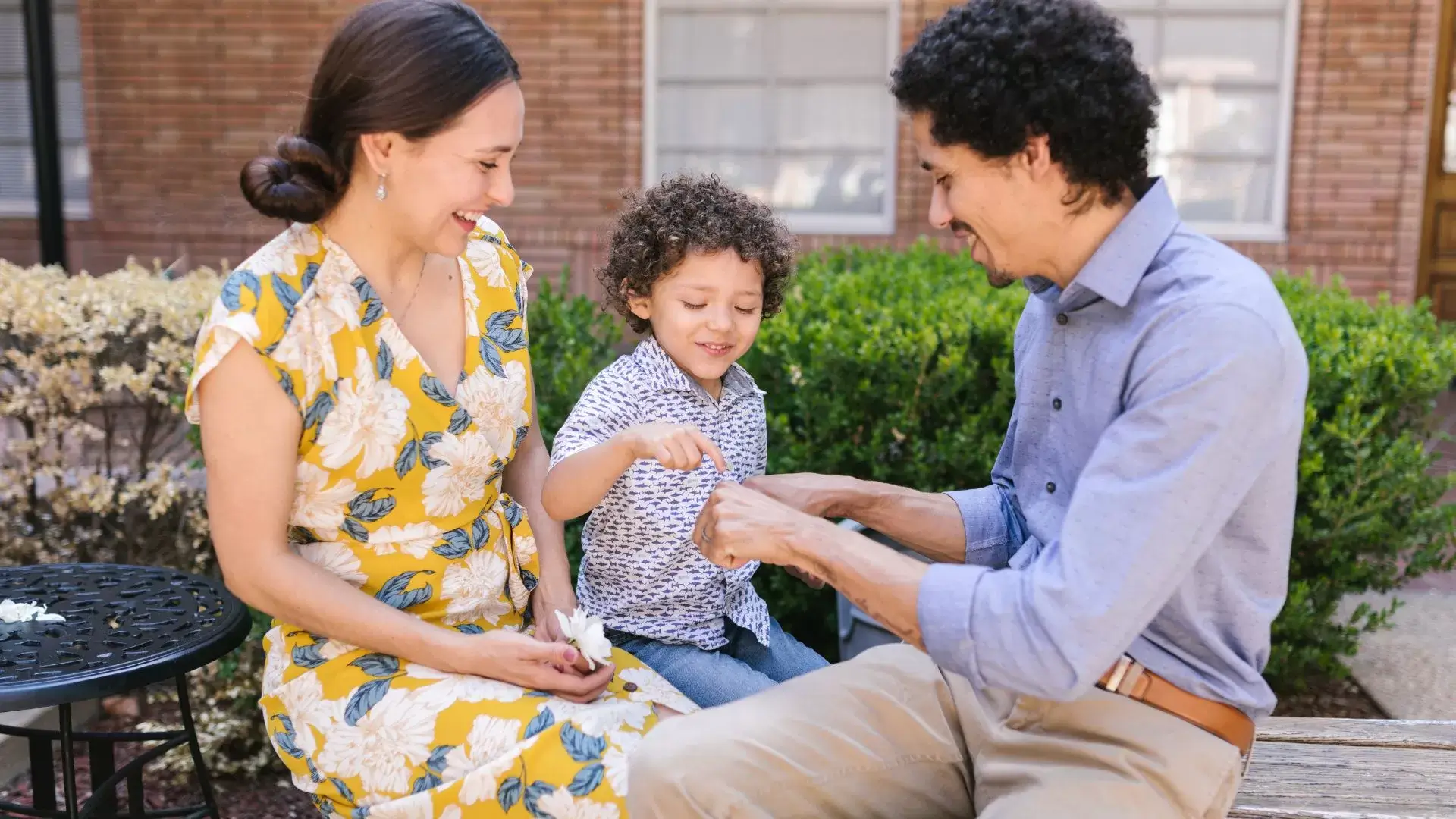Co-Parenting Counselling
Building a Child-Centered Approach Post-Divorce
After a separation or divorce, the needs of children must remain a top priority. Co-parenting counselling supports parents in building a respectful and cooperative parenting relationship that ensures their children feel safe, loved, and supported. This service helps divorcing or separated parents work through their differences in a neutral environment, fostering collaboration for the well-being of the entire family.

Developing a Co-Parenting Plan That Prioritizes the Child’s Well-Being
A well-structured co-parenting plan is essential to ensure consistency and minimize confusion for children. Counselling helps parents design a plan that covers critical aspects such as schedules, school decisions, medical needs, holiday arrangements, and emergency procedures. More importantly, it focuses on creating an emotionally stable and nurturing environment for the child.
Therapists help parents identify their child’s emotional needs during this transition, offering guidance on how to communicate difficult topics with age-appropriate language and compassion. The goal is to create a predictable, reassuring structure that reinforces the child’s sense of safety and security.
Navigating Parenting Time, Shared Responsibilities, and Rules
Shared parenting responsibilities often come with logistical and emotional complexities. Disagreements about rules, routines, discipline, or flexibility in the parenting schedule can cause tension. Counselling helps parents navigate these challenges by creating agreements that are clear, fair, and tailored to the specific needs of their children and family dynamic.
Sessions also address how to uphold similar parenting values and routines across households, reducing confusion for the child and minimizing power struggles between parents. A unified co-parenting front promotes a sense of stability and harmony.

Reducing Conflict and Building a Cooperative Parenting Approach
Ongoing conflict between parents can negatively affect a child’s emotional development. Co-parenting counselling provides tools to reduce hostility, improve communication, and keep the focus on the child rather than past grievances.
Therapists facilitate conflict resolution practices and teach communication strategies such as setting boundaries, using neutral language, and separating emotional issues from parenting decisions. Parents also learn how to manage transitions more smoothly—whether it’s exchanging the child between homes or discussing long-term planning.
Creating a Supportive Parenting Partnership
While the romantic relationship may have ended, a co-parenting relationship continues for years. Counselling helps parents shift their mindset from partners in conflict to collaborators in parenting. This transformation lays the foundation for a healthier dynamic where both parents feel respected and where the child benefits from a united, supportive approach.
Whether newly separated or years into a shared parenting arrangement, co-parenting counselling fosters respectful, effective communication and prioritizes what matters most: the well-being of the child.

